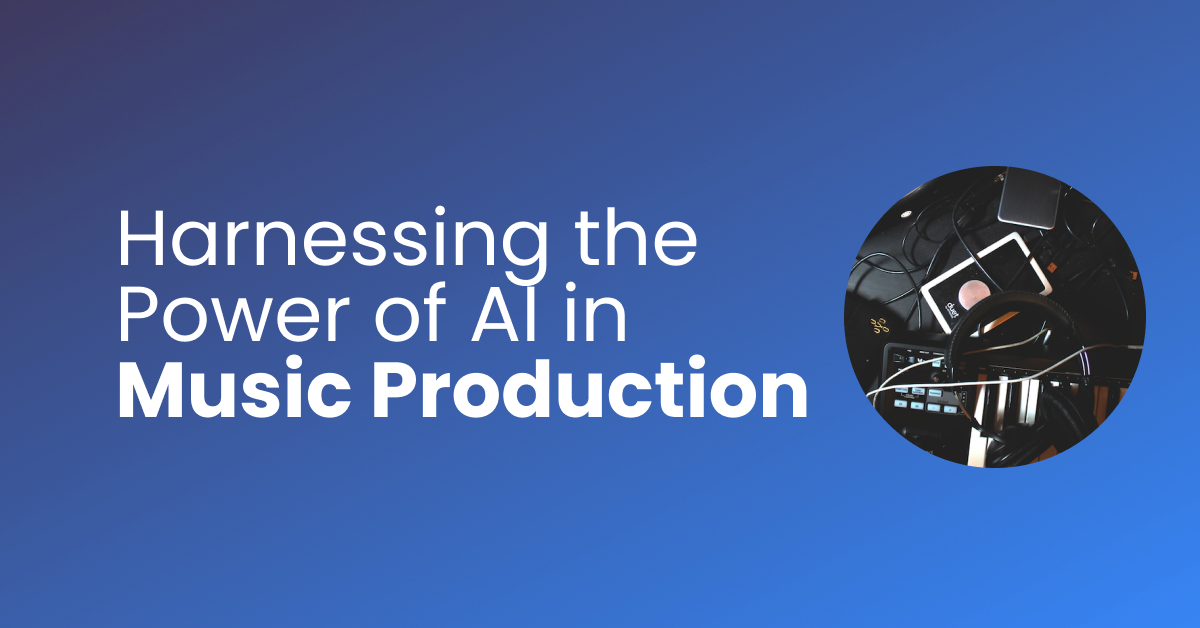In the ever-evolving landscape of music, technology has always played a pivotal role. From the invention of musical instruments to the advent of electronic music, it has always pushed the boundaries of what is possible. Today, that technological frontier is being led by artificial intelligence (AI). The integration of AI into music production is changing the way music is created and experienced.
AI in Music Creation
AI has been used to create musical compositions that mimic the styles of great composers, and even generate completely original pieces. Tools like OpenAI’s MuseNet can generate 4-minute musical compositions with 10 different instruments, and can combine styles from country to Mozart to the Beatles.
AI in Mixing and Mastering
Mixing and mastering are crucial steps in the music production process, traditionally requiring a high level of expertise and a finely tuned ear. AI-powered tools are now being developed to automate these processes. Platforms like LANDR use AI to analyze and process tracks, providing professional-quality mixing and mastering without the need for a human engineer.
AI in Sound Design
In the realm of sound design, AI is being utilized to synthesize new sounds and transform existing ones in ways that were previously unimaginable. Tools such as Google’s Magenta project’s NSynth uses deep neural networks to generate new sounds using the acoustic qualities of the original sounds, offering unprecedented possibilities for sonic exploration.
The Future of AI in Music Production
While some may worry that AI will replace human creativity in music, it’s more accurate to view it as a tool that can enhance human creativity. Just as the piano or the synthesizer were tools that opened up new musical possibilities, so too does AI offer a new landscape of musical exploration. The future of music production will likely see AI and humans working in tandem, each leveraging their unique strengths to create compelling and engaging musical experiences.
As AI continues to advance and become more integrated into music production, we can expect to see a continued evolution in the way music is created and experienced. While we can’t predict exactly what this future will look like, one thing is clear: the intersection of AI and music will continue to be a space of exciting innovation and creative expression.


